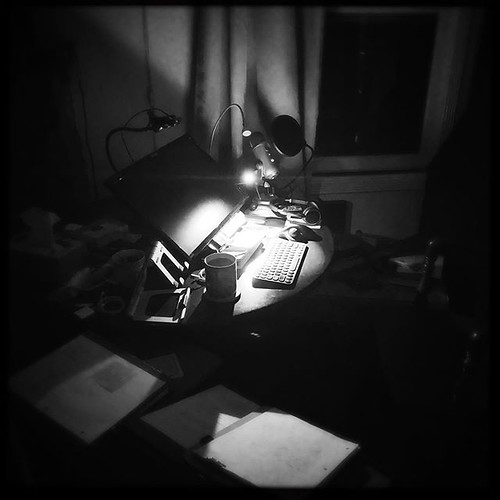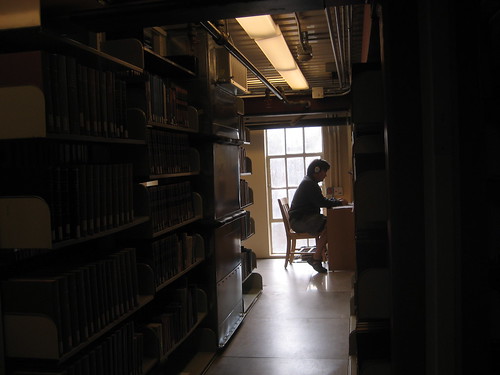This week I’m a guest on the Ph.D. Life Raft podcast, a new podcast hosted by Emma Brodzinski, a professor at Royal Holloway, University of London.
Graduate school was one of the most intense experiences of my life, even though I had a pretty easy transition (in some ways leaving was a lot harder). I started taking grad-level courses as an undergraduate, stayed at the same place I’d done my B.A., and my advisors were engaged and supportive.
Despite these advantages, it was an extremely challenging time, and I definitely could have managed my time and energy better. I was one of those people who usually started work late at night, and relied on a combination of caffeine, deadline pressure, and raw genius to get results. It didn’t work all the time, but it worked often enough to let me think this was The Way It Was Done.
Then, add in the traditional academic asceticism and sense that you needed to be willing to make sacrifices for the work, insane competition for fewer jobs in an increasingly corporatized environment, and an up-or-out promotion system, and you have a culture and permission structure tailor-made for chronic overwork and burnout— and a lot of stuff you have to unlearn later in life.
But everyone who learns about the value of deliberate rest seems to learn the hard way. So perhaps this is unavoidable.
However, I do think it’s important to recognize that while graduate school is a hyper-intense environment that’s trying to train you and remake your sense of self, it’s also a kind of life that is absolutely unsustainable. Indeed, doing well at it should give you the tools you need to do it more sustainably later in life— if you recognize the need and the opportunity.


